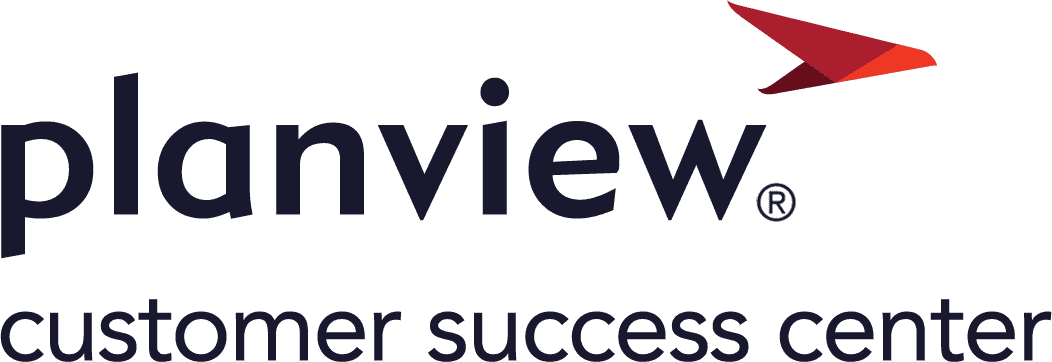About Tasks
A task is an PPM Pro entity that is essential to accurate and efficient project planning. A project is typically comprised of one or more tasks, referred to as a "task plan" or "work breakdown structure" (WBS). Tasks are very flexible and can be used in different ways, depending on your organization's planning methodology(ies). Tasks are executable actions that:
- may or not have scheduled resources or role estimates (see Task Schedules and Estimates)
- may or may not use dates/duration (see Iterative Work - Using Tasks without Dates)
- may or may not be used to track time (see Entering Time). Note that if a task satisfies your organization's timesheet rules you'll be able enter time for that task by choosing Actions > Log Time from the task's Detail panel.
For the purposes of this documentation, tasks used in support of traditional waterfall (linear/sequential) methodologies are referred to as "regular" tasks, or just tasks. Tasks used in support of iterative work methodologies are referred to as IW tasks.
"Regular" Tasks
In the WBS for traditional waterfall methodologies supported by regular tasks, Summary tasks and their children are tightly coupled - child tasks inherit certain properties of the Summary task such as billing type and mode (manual or automatic); all parent task dates, not just Summary task dates, are rolled up from the child tasks. In addition, you can associate roles and estimates for what what will be necessary to complete the tasks, assign one or more owners to a single task, and schedule one or more resources to tasks to track progress (time), and hours to complete (HTC).
For more information see:
IW Tasks
Iterative work (IW) tasks, on the other hand, can be completely divorced from interacting with summary/parent tasks by virtue of removing the requirement to use start dates, target dates, or duration. Dependencies and constraints are still honored.
For more information see:
Regular and IW Tasks
There is a set of features that apply to both regular and IW tasks.
Establishing time tracking rules and tracking time
Setting up capitalized costs
Building a adhering to dependencies and constraints,
Calculating project and task % complete - cant use Duration and actual hours (because it uses HTC
Accessing Your Tasks
- The Home/Tasks view shows all tasks to which you are scheduled or own, across all projects. Note that this page is pre-filtered to show only tasks from open projects (projects whose status is not equal to Implied Close).
- Task owners automatically get task View/Edit rights for the task Details tab. You can give task owners additional rights, like Delete tasks or full Edit/View by adding those permissions to the Owner profile.
- Users scheduled to tasks get read-only access to tasks fields, unless they are given expanded permissions with a profile
- The project Tasks section is where you will find tasks for a specific project. The actions you can perform on tasks depends on your permission profile for the project to which the task belongs, or whether you are a task owner or simply scheduled to a task. Project level permissions include View, Edit (implies create), and Delete. Users with full project View/Edit will get full task View/Edit automatically.
- As an alternative to the project Tasks work breakdown structure, users can use the spreadsheet style editor.
- A mobile application is available for PPM Pro that allows users to track their tasks and enter time. See PPM Pro for Mobile
Note for task owners: Some fields on the task Details tab directly affect other tasks or the parent project. Default task owner permissions will exclude edit permissions on the following fields. In order to edit these fields, users need Project > Edit > Tasks permission and possibly Project > Edit > Detail (if the parent project needs to be updated based on an edit to one of the fields below):
- Start Date
- Target Date
- Complete Date
- Duration
- Manually Scheduled?
- Active?
- Constraint Type
- Predecessor
- Successor
- Scheduled Resources
- Is Capitalized?
- Work Effort
- Billing Type
Best Practice - Number of Tasks
For best results, we recommend limiting the number of tasks per project to 1000. Overall performance depends on the system in general, including the number of projects, number of concurrent users, number of concurrent dashboards being run, and so on. We do recommend fewer rather than more tasks, but it is up to the customer given their needs.
Out-of-the-Box Fields
See Tasks: Out of the Box Fields for the list of all standard fields and their definitions. You administrator has determined which fields are used with any particular task - so you may not see all the standard fields on your tasks.

